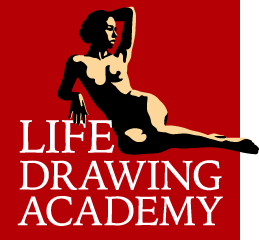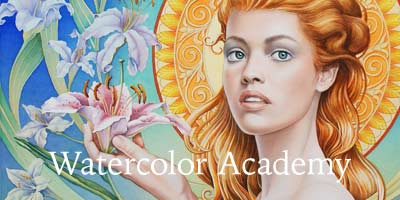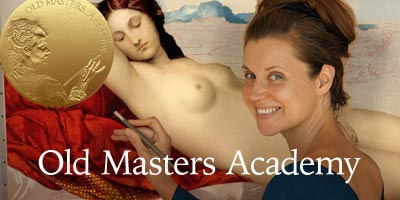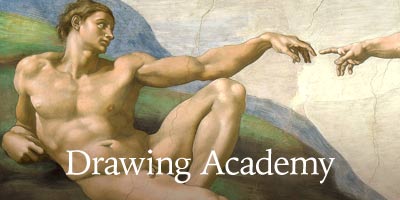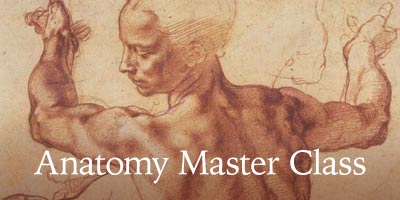Andrea del Sarto
Italian High Renaissance painter
1486 - 1530
Andrea del Sarto was born in 1486, in Florence, Italy. He was a pupil of Piero di Cosimo and was greatly influenced by Raphael, Leonardo da Vinci, and Fra' Bartolommeo. Andrea del Sarto's art, rooted in traditional Quattrocento (15th-century) painting, combined Leonardo's sfumato with Raphael's compositional harmony in a style that was typical of the Cinquecento (16th century). He began to produce independent work about 1506—not precociously. Almost immediately he began a long association with the church and convent of SS. Annunziata (for which he executed frescoes in 1509–14 [in the Chiostro dei Voti] and 1525 [in the Chiostro Grande]), and he moved to a workshop near it in or about 1511. There, for five or six years, he shared the experiences and sometimes commissions of a major sculptor, Jacopo Sansovino, which led him to an increasingly and, in the end, exceptionally solidly structured style. These were the years in which Il Rosso and Pontormo were his pupils, and it may fairly be said that about 1513–14 the leadership in Florentine painting passed from the workshop of Fra' Bartolommeo to that of Andrea del Sarto.
In 1518 he was summoned by the king of France, Francis I, to Fontainebleau, where he was preceded by a reputation based upon pictures made for export. Soon after his return, his connections with the Medici family (powerful since their return to Florence from exile in 1512) led to the most significant contract of his career—for part of the decoration of the Villa Medici at Poggio a Caiano, near Florence. The patron was in fact the pope, Leo X, whom Sarto almost certainly visited in Rome in 1519–20; but the project, the only one that ever offered Florentine artists the scope that Raphael had in the Vatican Palace, collapsed when the pope died in December 1521. Sarto's fresco Tribute to Caesar is a fragment now incorporated into a much later decorational scheme.
After the expulsion of the Medici, once again, in 1527, he worked for the republican government of Florence. After the siege of Florence by imperial and papal forces, he succumbed to a new wave of plague and died in his house.
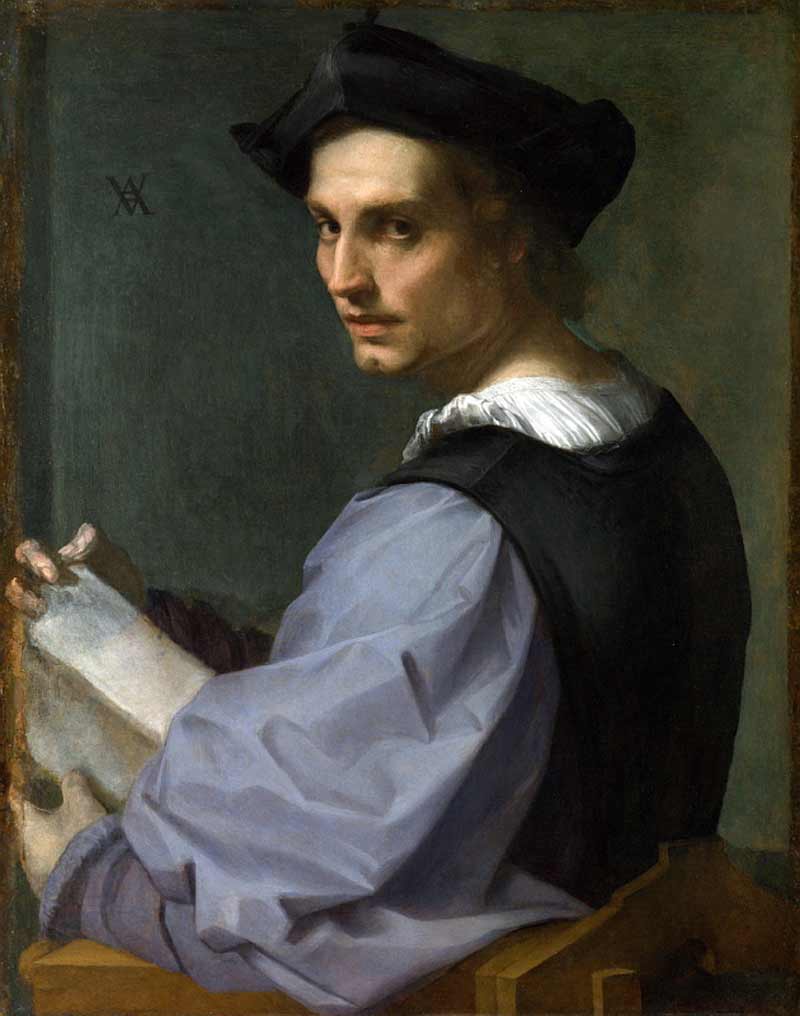
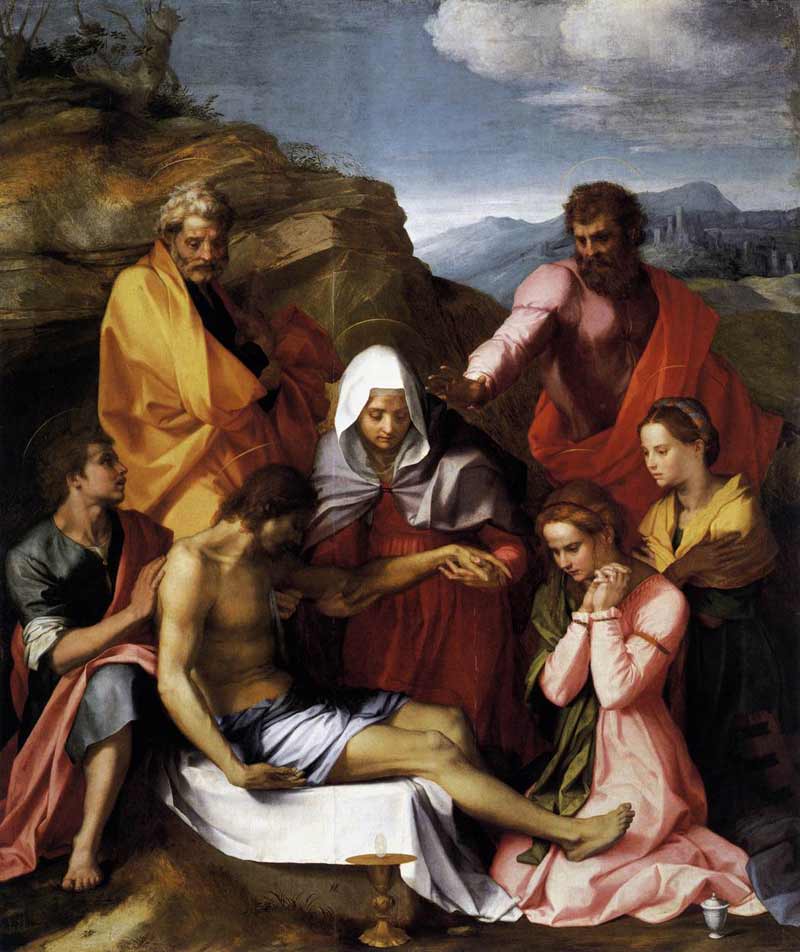
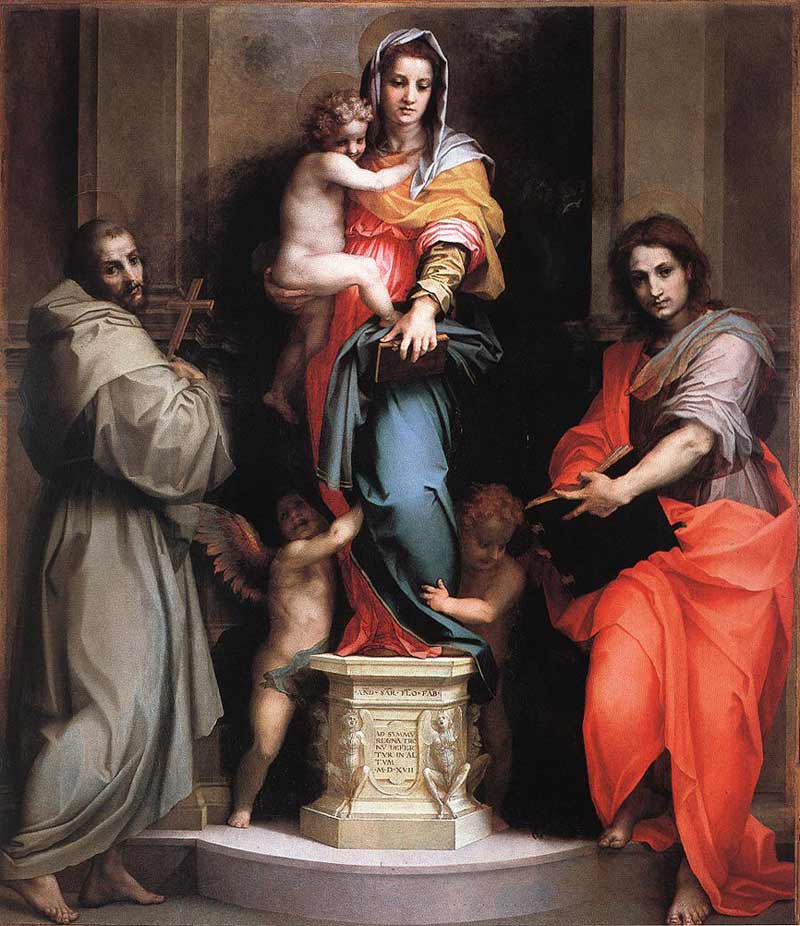
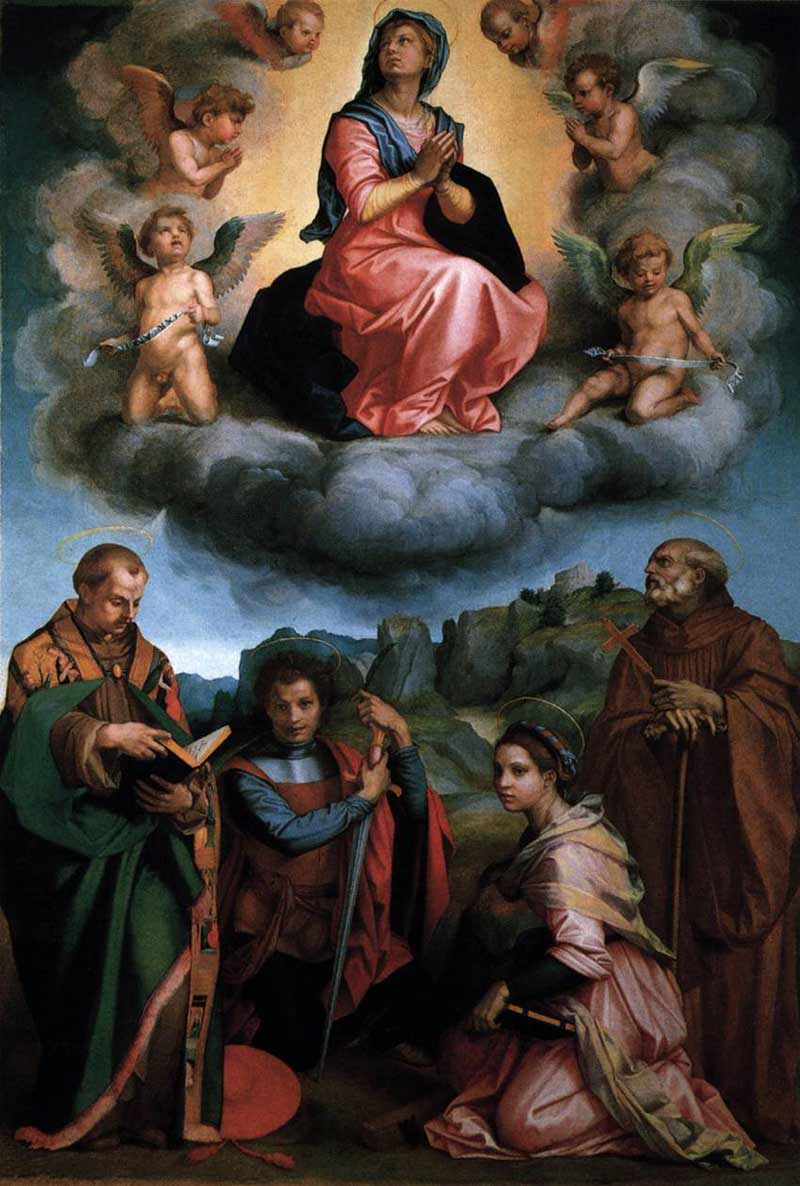
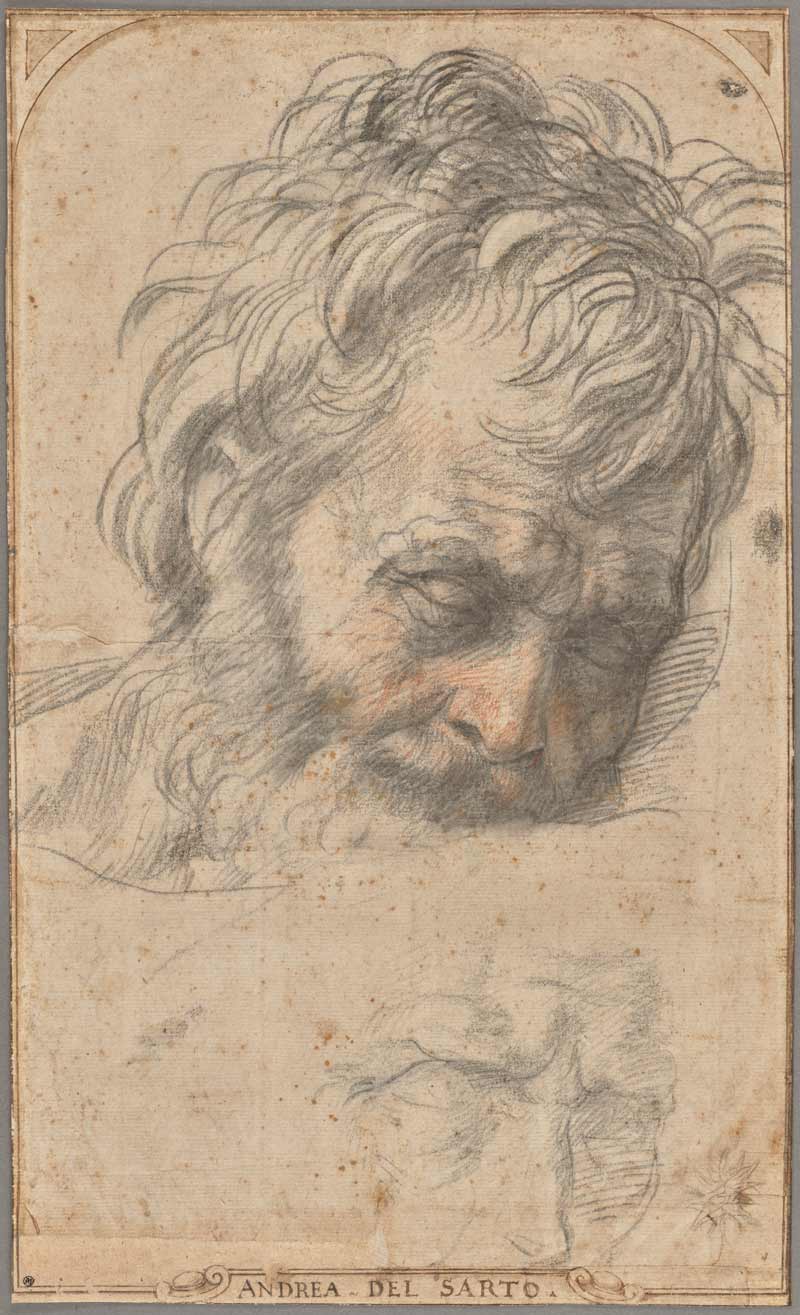
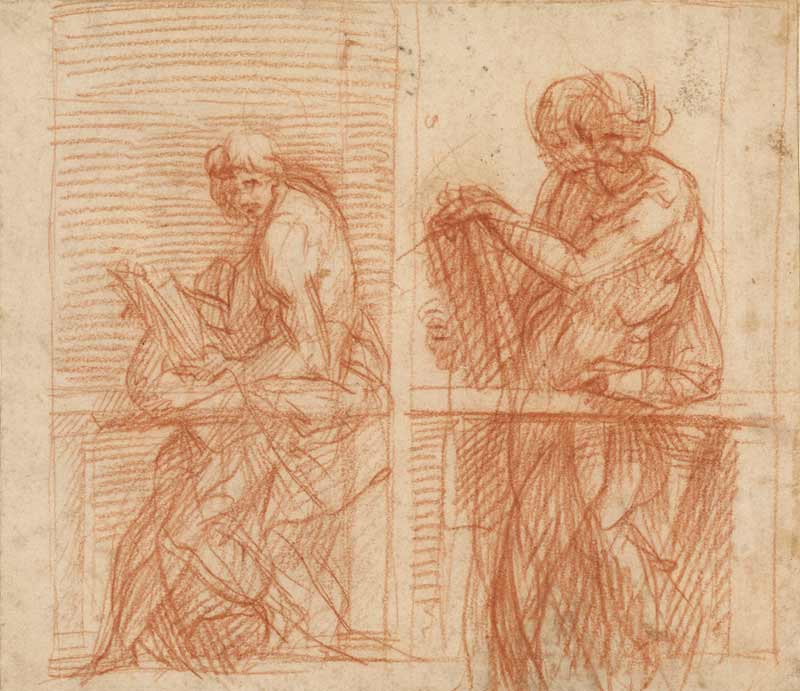
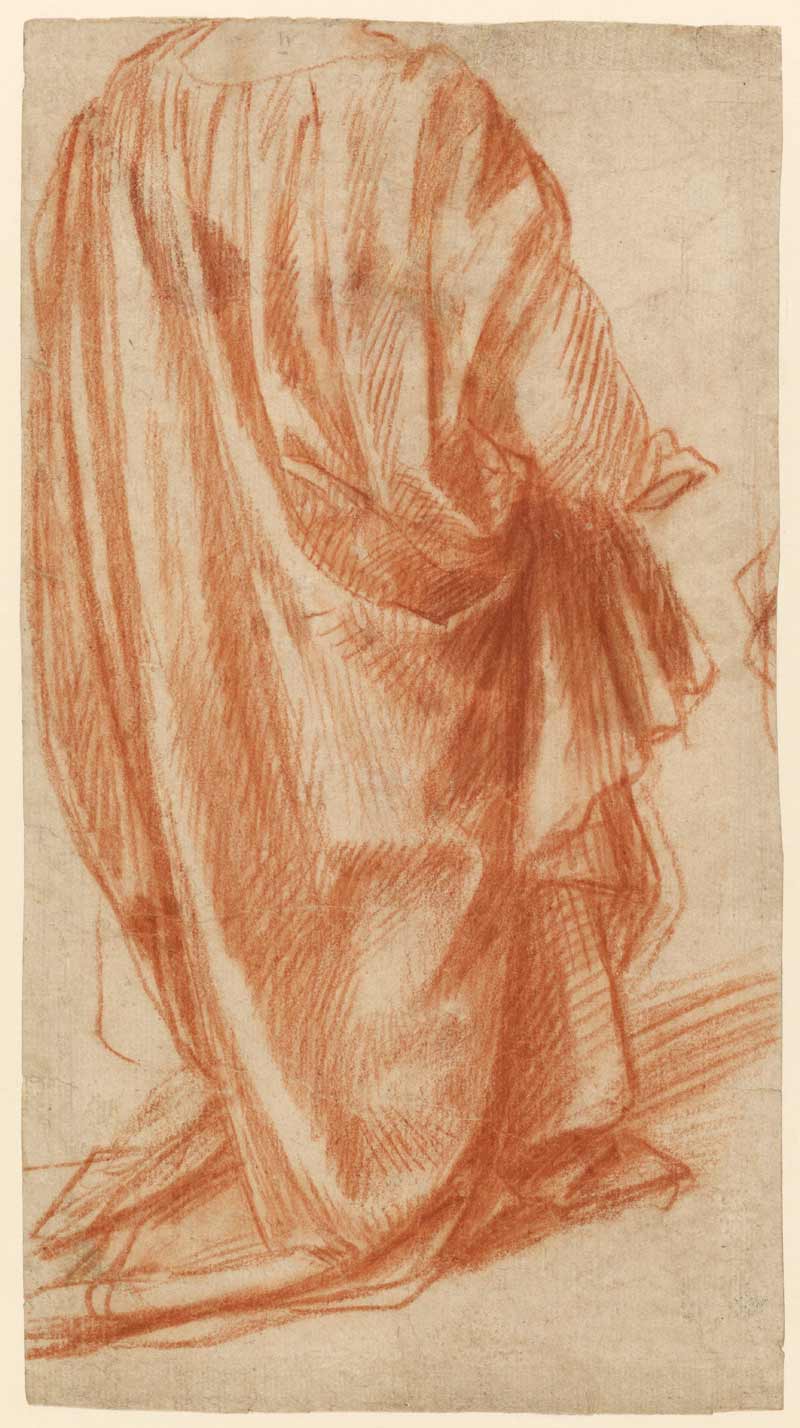
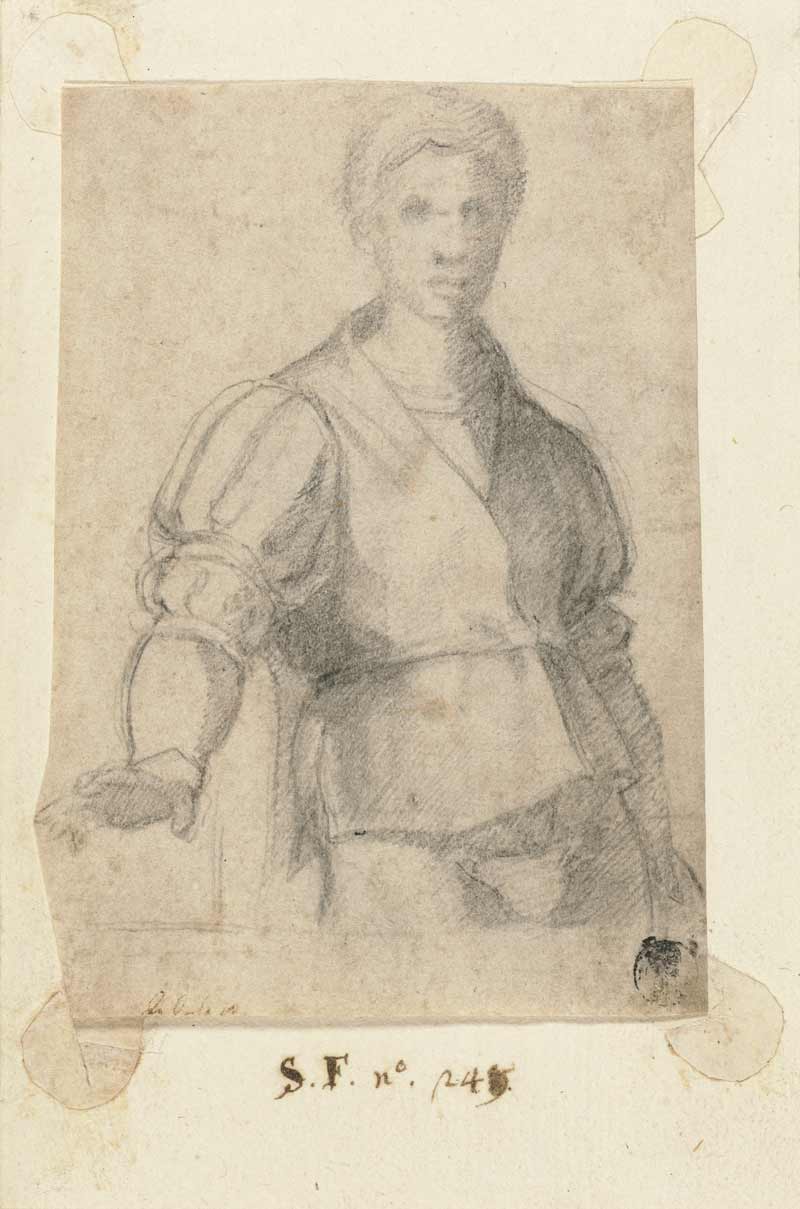
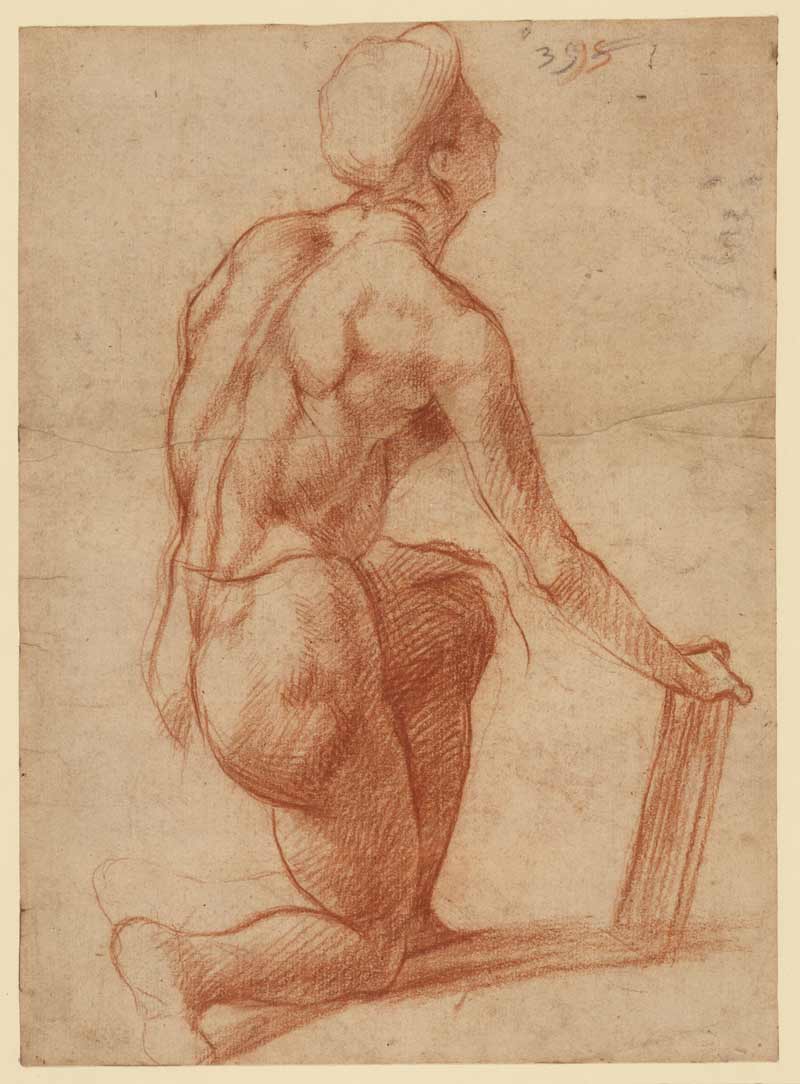
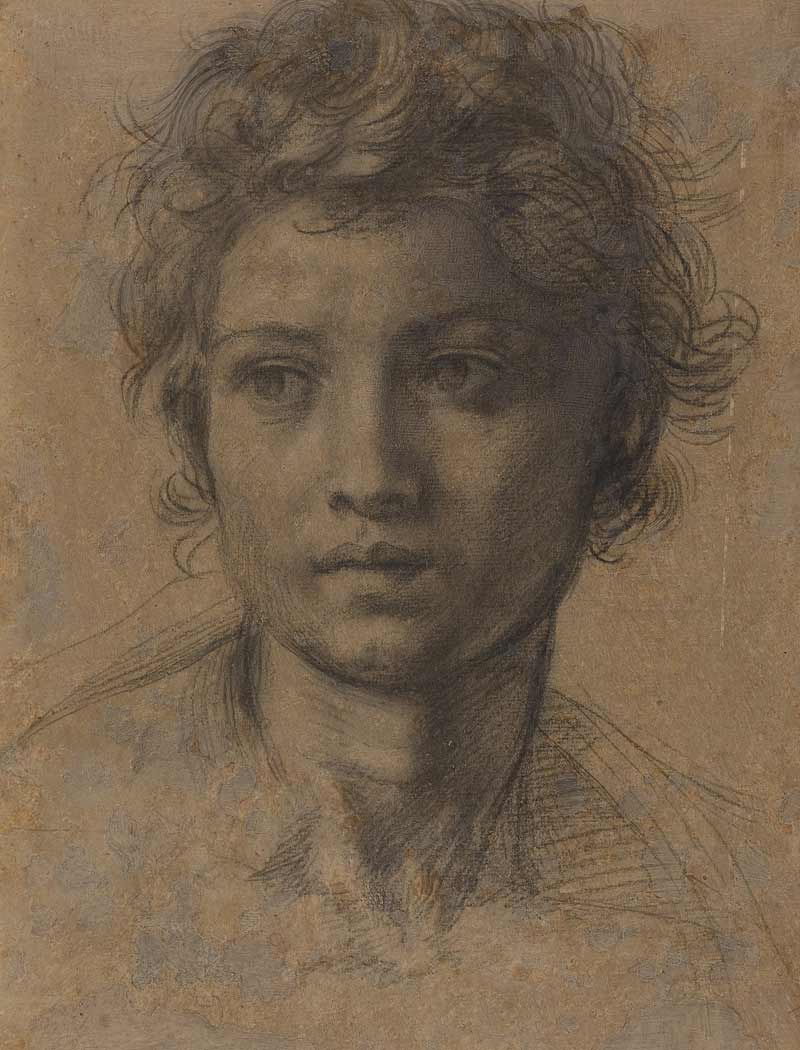
This is your unique chance to get a lifetime academy membership and a dedicated team of art teachers.
Such unlimited personal tutoring is not available anywhere else.
